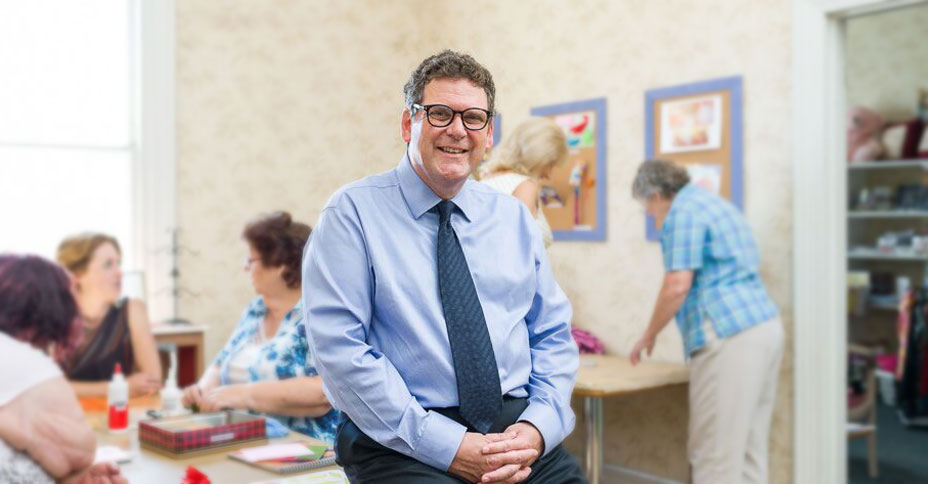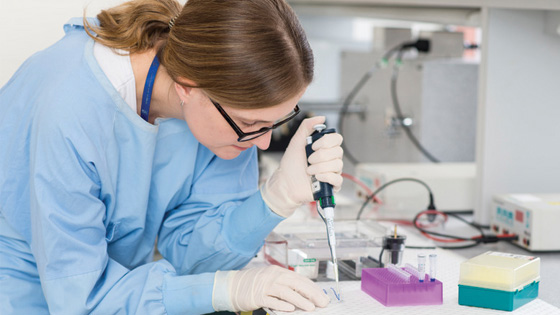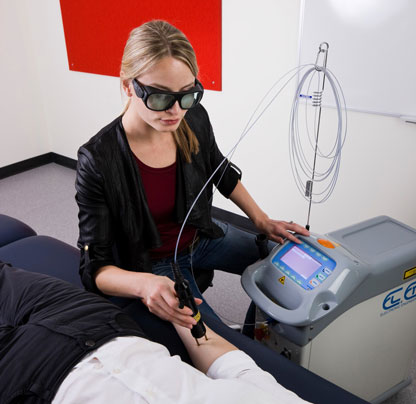
Professor Nicholas Procter, Chair: Mental Health Nursing and Convenor of the Mental Health and Substance Use Research Group, Sansom Institute for Health Research, University of South Australia.
With reported mental health conditions and suicide on the rise in Australia, continuing research into mental health is crucial now more than ever. Professor Nicholas Procter and his Group are conducting research which is informing Australian mental health policy on suicide prevention and intervention for a range of vulnerable groups including refugees, the elderly, and those living in rural areas.
Their work – which has influenced Federal and State Government policy changes - is improving quality of life for people with a mental health condition, the people who care for them professionally, and their families.
The evolution of the modern and technical world has changed the contributing factors for suicide.
“Some experts have hypothesised that the rise in suicide can be attributed to negotiating an online world and online environment. Bullying on social media is now a factor as you can never escape from it, it follows you home, and can be deeply personal and very hurtful,” says Prof Procter.
Prof Procter and his team are producing a series of online videos and publications to help people with a mental illness, their families and practitioners relate to people experiencing similar situations and help towards reducing their stress, isolation, emotional pain and suffering.
Social media is only one aspect in a wide and tangible range of contributing factors for mental health conditions and suicide. There is a relationship between childhood trauma and trauma related conditions, and having a mental health condition later in life - particularly anxiety and depression.
This is evident in the asylum seeker population where suicide is the leading cause of premature death. Prof Procter was recently appointed to the Minister’s Council for Asylum Seekers and Detention, and has a longstanding commitment to improving asylum seeker mental health. The principal purpose of the Council is to ‘provide independent advice to the Minister on policies, processes, services and programs necessary to achieve the timely, fair and effective resolution of immigration status for people seeking migration outcomes in Australia.’
Prof Procter has researched and published widely on this topic, including contributing to an article in The Conversation about hunger strikes, suicide and self-harm which is a concern for this vulnerable group.
Prof Procter and his Group are working with others to lead state-wide initiatives to help those living in rural areas, where suicide is up to thirty percent higher than in urban locations.
“Access to services is much more challenging, particularly face to face treatment. Apart from the distance to health facilities, there are also issues and challenges with stigma. What our previous research findings have shown is that face to face communication and having an existing relationship, particularly in rural and remote areas, can be an important enabler to get people into mental health treatment despite the distance.”
In collaboration with the not for profit organisation Minimisation of Suicide Harm (MOSH), the Group are having conversations with people who are over 60 years old and who have previously attempted to die by suicide, about what keeps them going and how they found their purpose in life to be in a better place.
Additional funding will significantly support Prof Procter and his team’s research into suicide prevention, particularly understanding the impact of mental distress and suicide on parents and families.
“To achieve this we collaborate very closely with people who have a mental health condition, people who care for people with a mental health condition and people who manage services for mental health conditions."
“What I would really like to do is fund a Research Fellowship at the University of South Australia to undertake sustained research into what works to prevent suicide within vulnerable groups, as well as the impact on family and how we might minimise individual and family impact.”
“I’ve noticed that people are generally talking about mental health conditions more and at the same time there is some reduced stigma about mental illness, but there is still a long way to go."
Your support can help the patients, their families and the health professionals navigate the challenging world of having a mental health condition.

100% of your gift will go directly to support health research at UniSA - there are no administration fees, no overheads and no hidden costs.
Support our researchers continue their work in preventing illness, improving health systems and services, creating more effective therapies, and advancing health equality.
